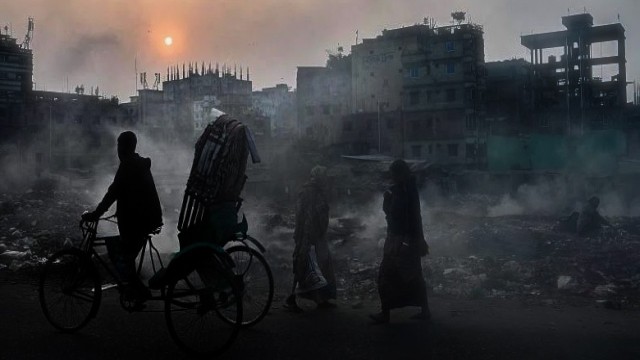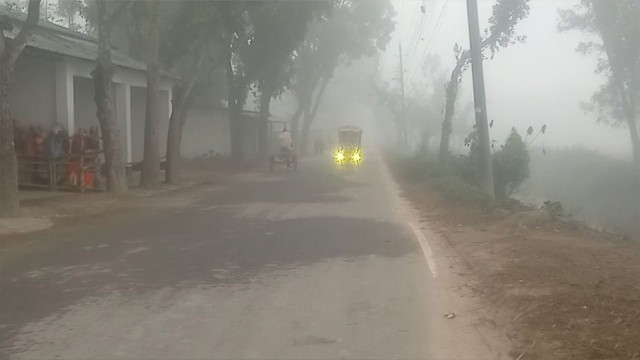"Worldwide, about seven million lives are lost each year due to air pollution, with the primary culprits being elevated rates of stroke, heart disease, chronic obstructive pulmonary disease, lung cancer, and acute respiratory infections, according to the World Health Organization (WHO).."
Good morning, this is your weather report for Monday, January 22, 2024. I am here to give you the most recent updates regarding the air quality in different cities, with a particular emphasis on Dhaka and the surrounding areas.
This morning at 9:50 a.m., the city of Dhaka encountered an Air Quality Index (AQI) of 198, placing it as the fourth city with the lowest air quality globally. The categorization of Dhaka's air was 'extremely harmful,' implying serious threats to the well-being of its residents. The main substances causing this increased air quality index (AQI) consist of small particles (PM10 and PM2.5), nitrogen dioxide, carbon monoxide, sulfur dioxide, and ozone.
In contrast, Kolkata, in India, secured the highest position with an Air Quality Index (AQI) of 272. On the list, Karachi in Pakistan ranked third with an AQI of 223, followed by Delhi, in India, at fourth place with a score of 206.
The Air Quality Index (AQI) serves as a vital tool for communicating the daily air quality in a given city, offering insights into the potential health effects for residents. When the AQI value for particle pollution falls between 101 and 150, the air is deemed 'unhealthy for sensitive groups,' while readings of 150 to 200 indicate 'unhealthy' conditions. Ranging from 201 to 300, an AQI signals 'very unhealthy' air quality and values surpassing 300 are considered 'hazardous,' posing severe health risks. The World Health Organization reports that globally, air pollution claims the lives of approximately seven million people annually, primarily due to increased mortality from conditions such as stroke, heart disease, chronic obstructive pulmonary disease, lung cancer, and acute respiratory infections.
Dhaka has a long-standing issue of poor air quality, which tends to deteriorate during the winter season. The PM2.5 level in Dhaka is at 168 g/m, which exceeds the World Health Organization's (WHO) suggested threshold by approximately 6.72 times.































Comment: